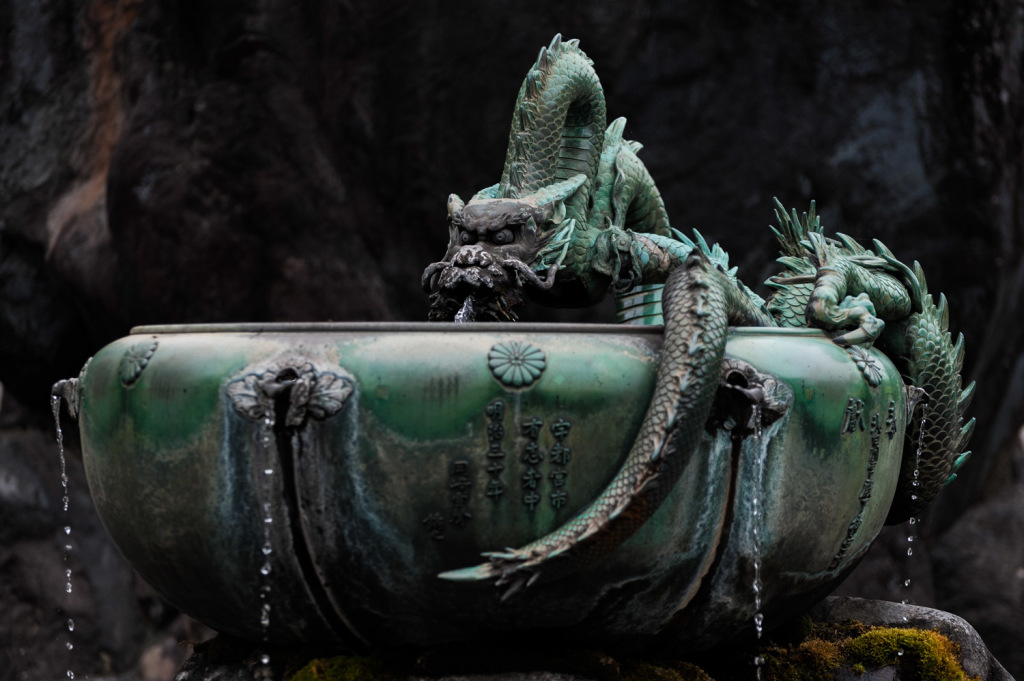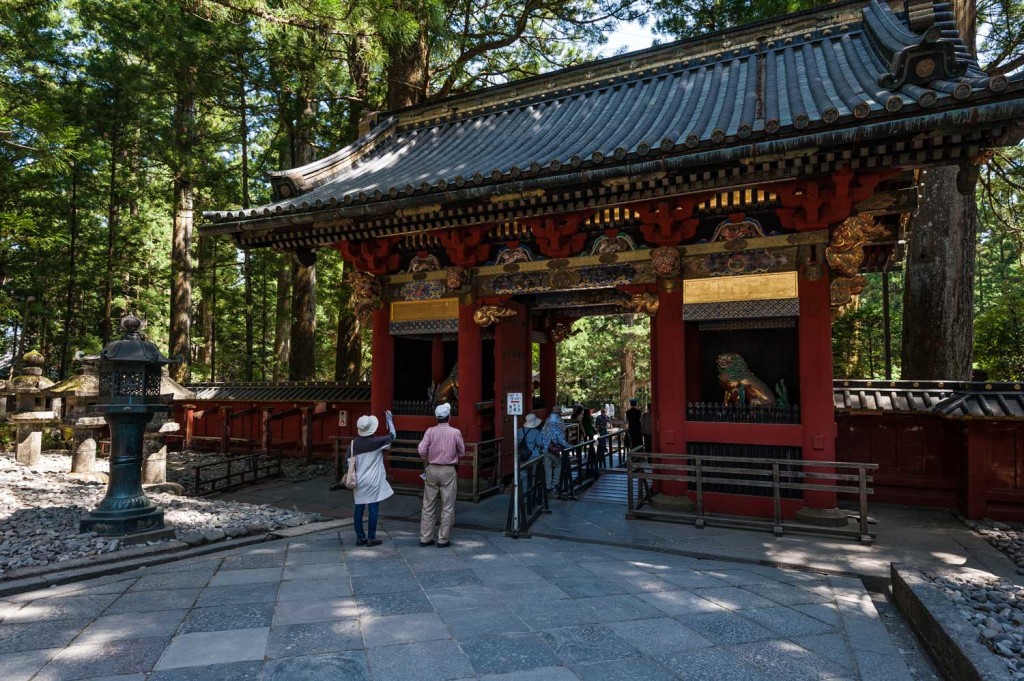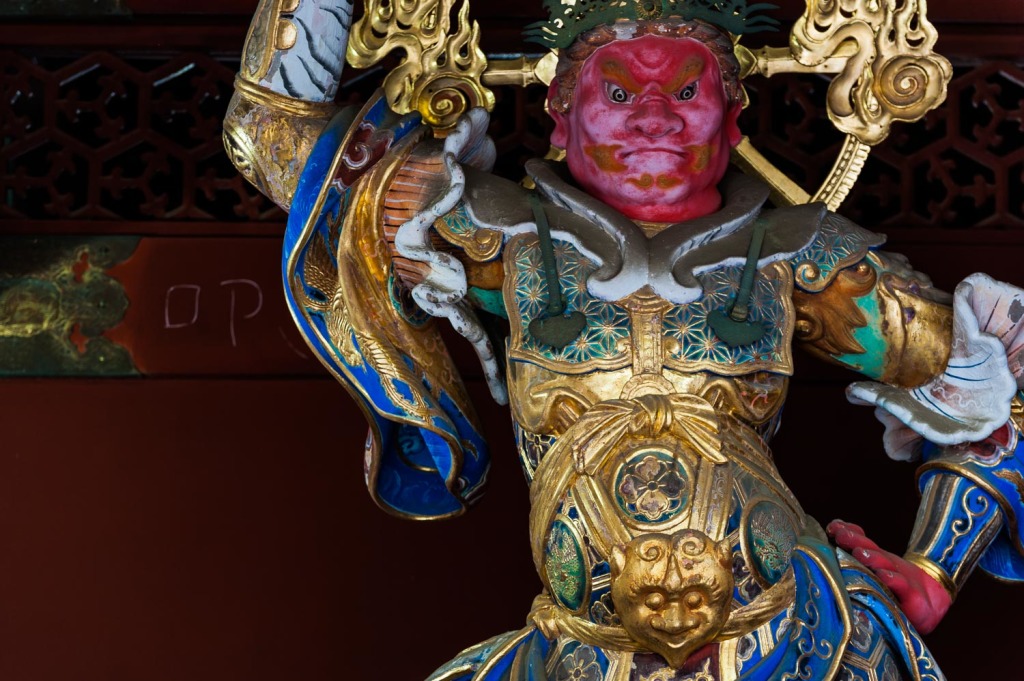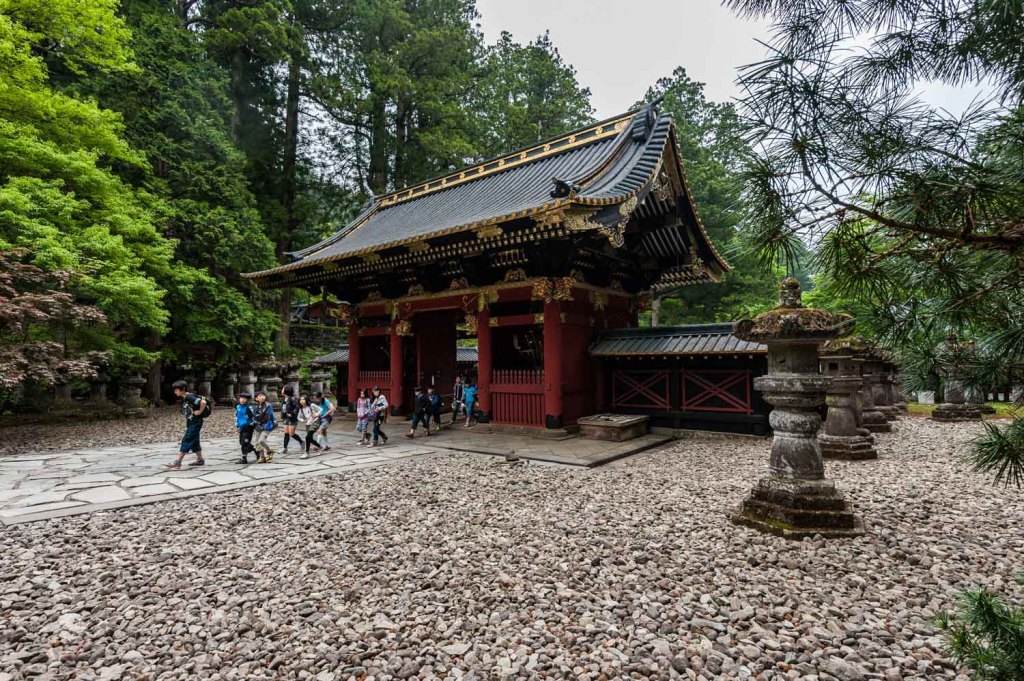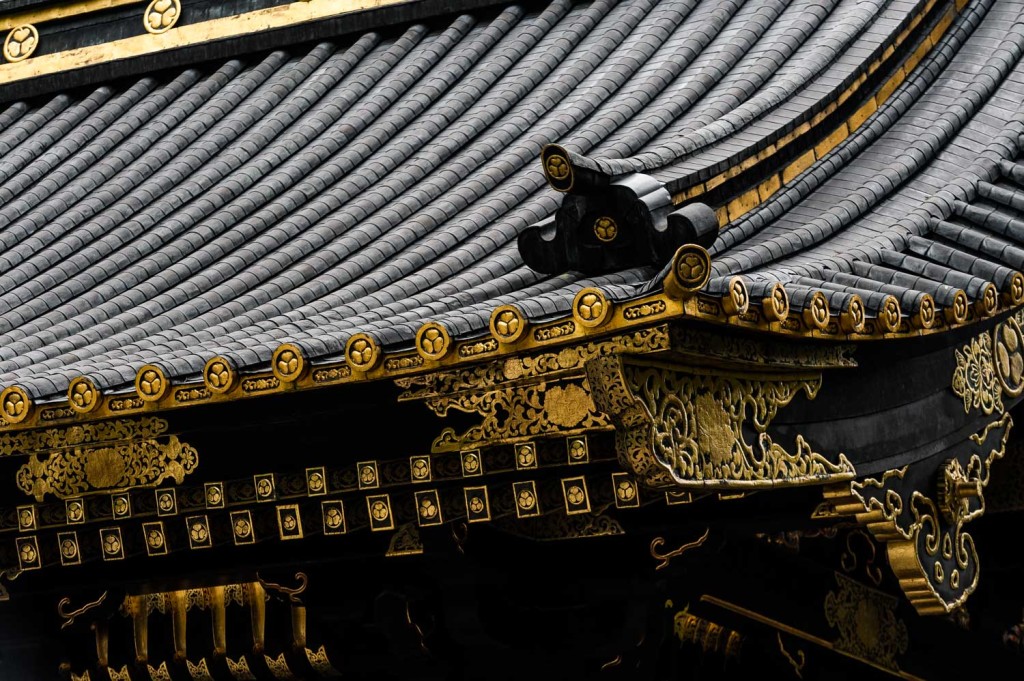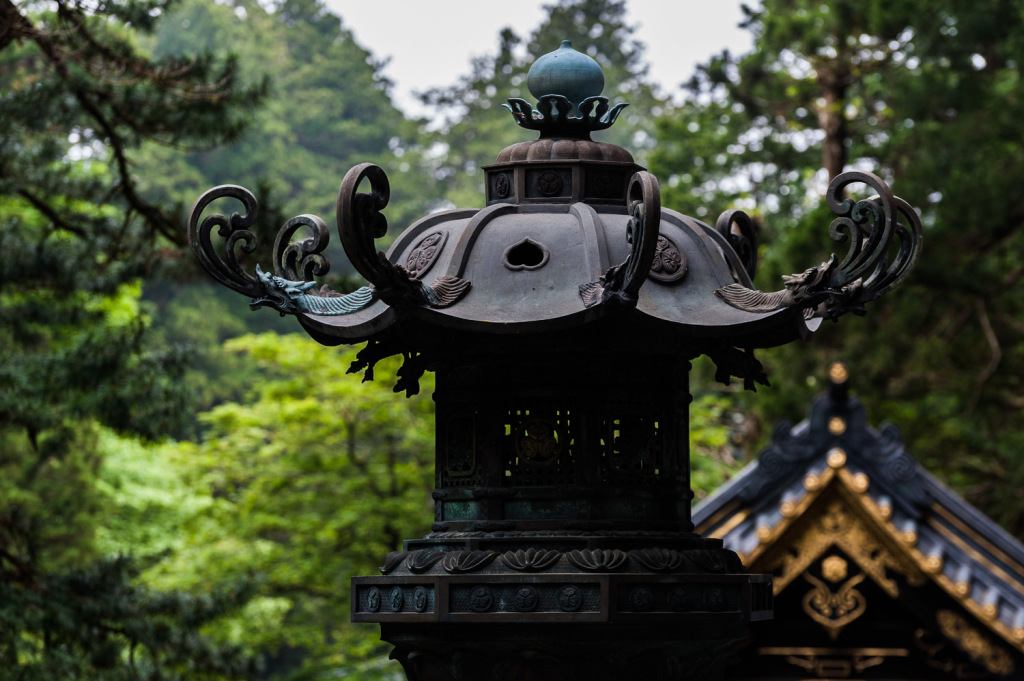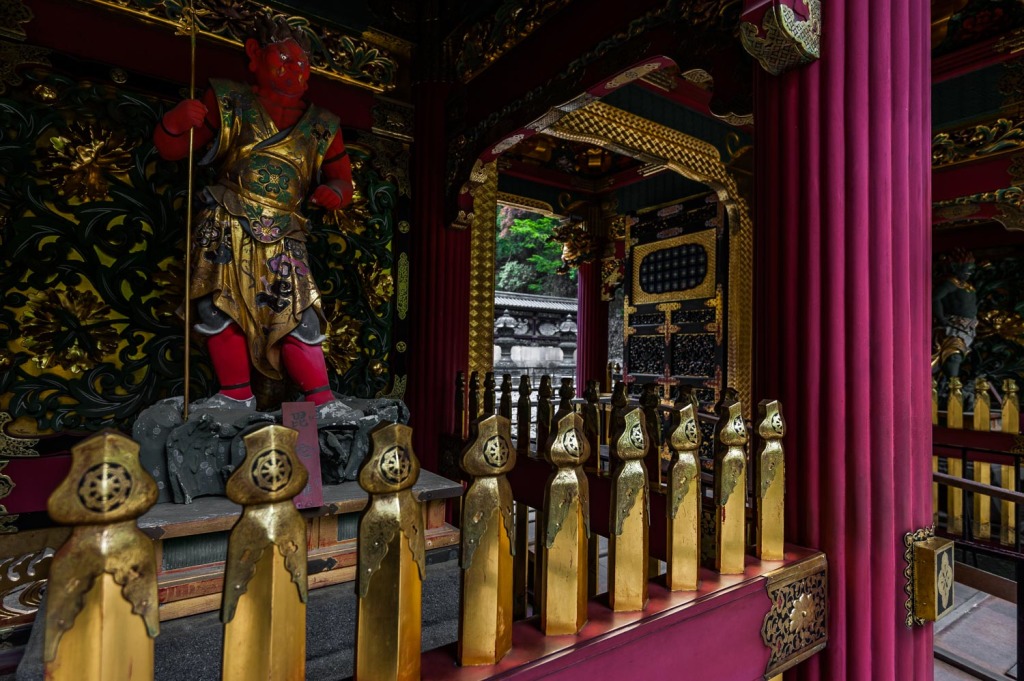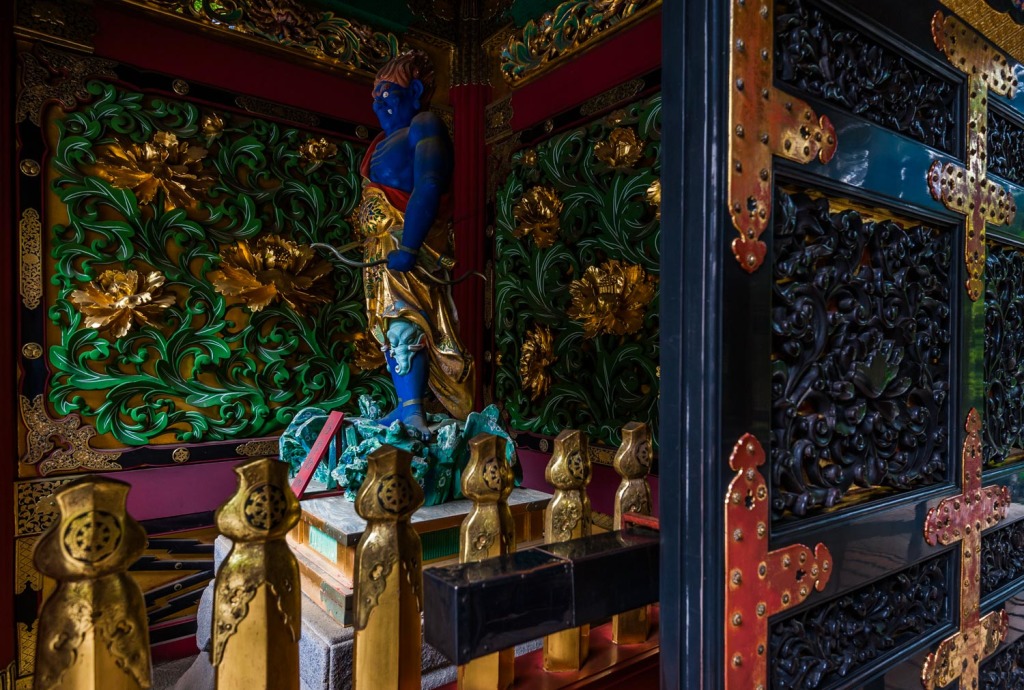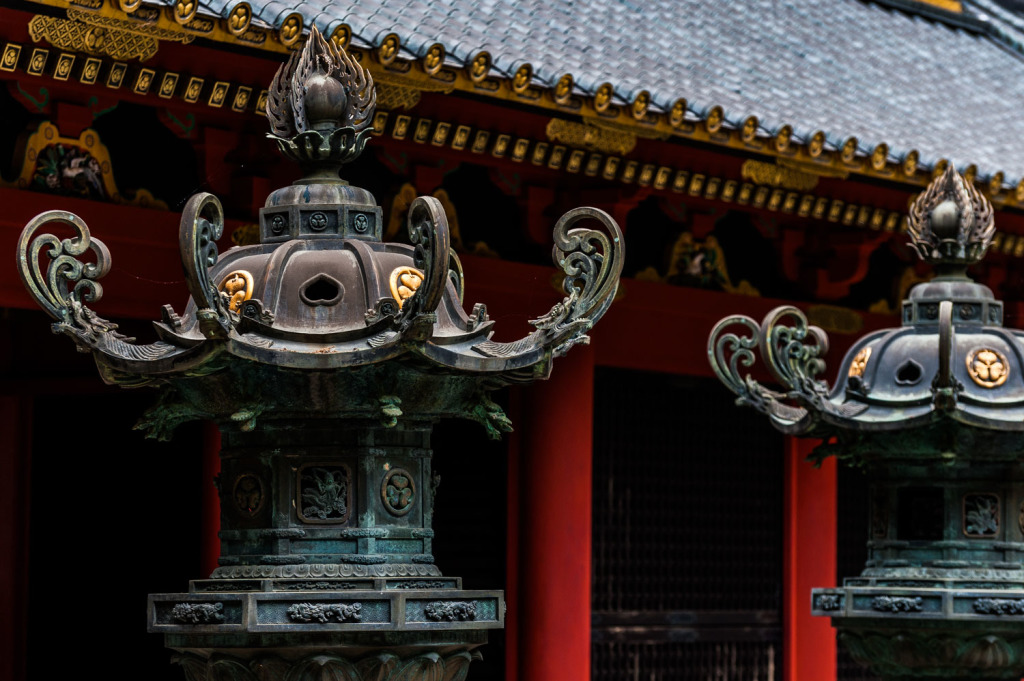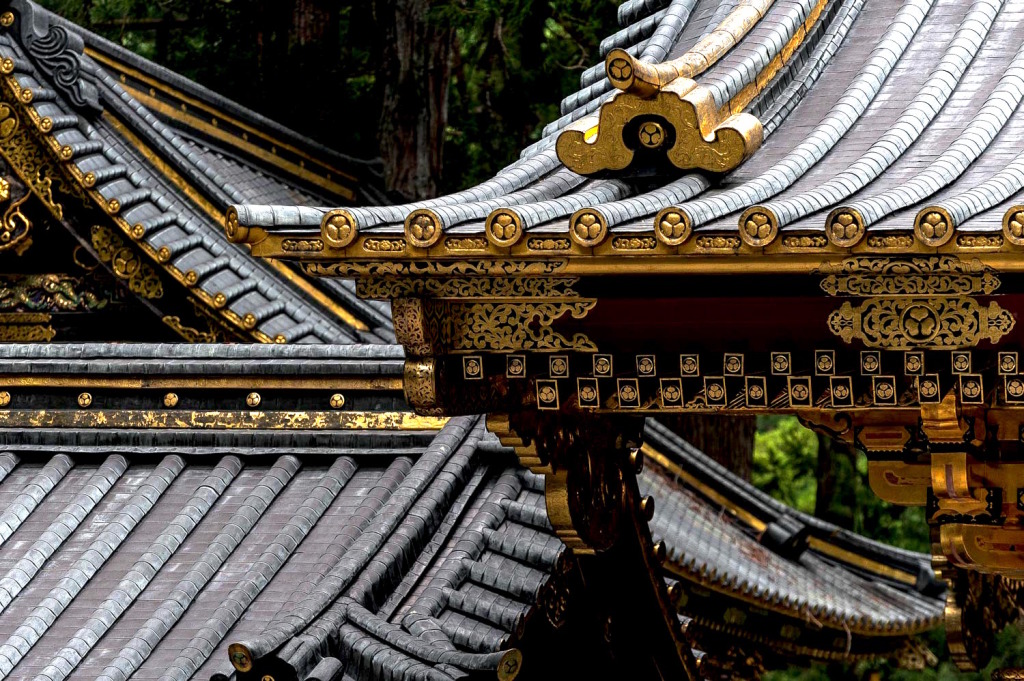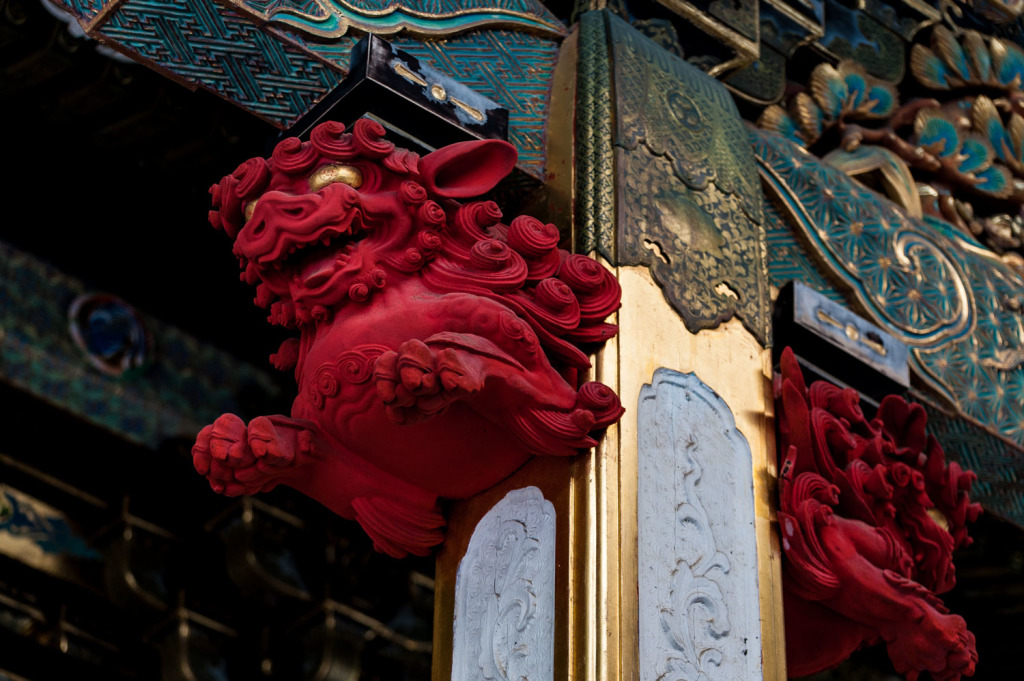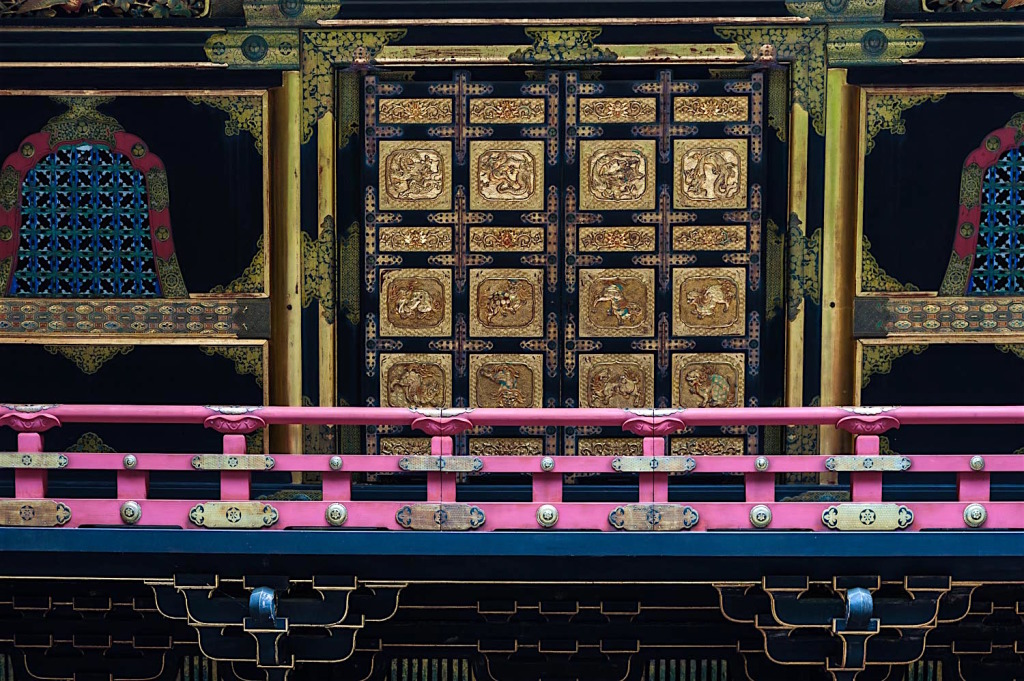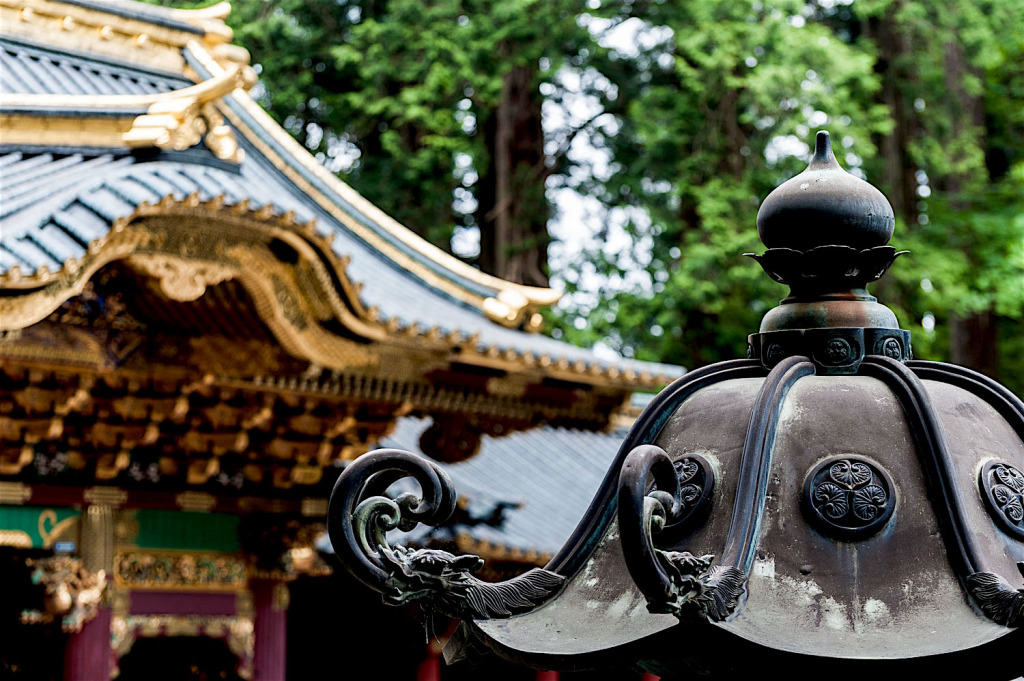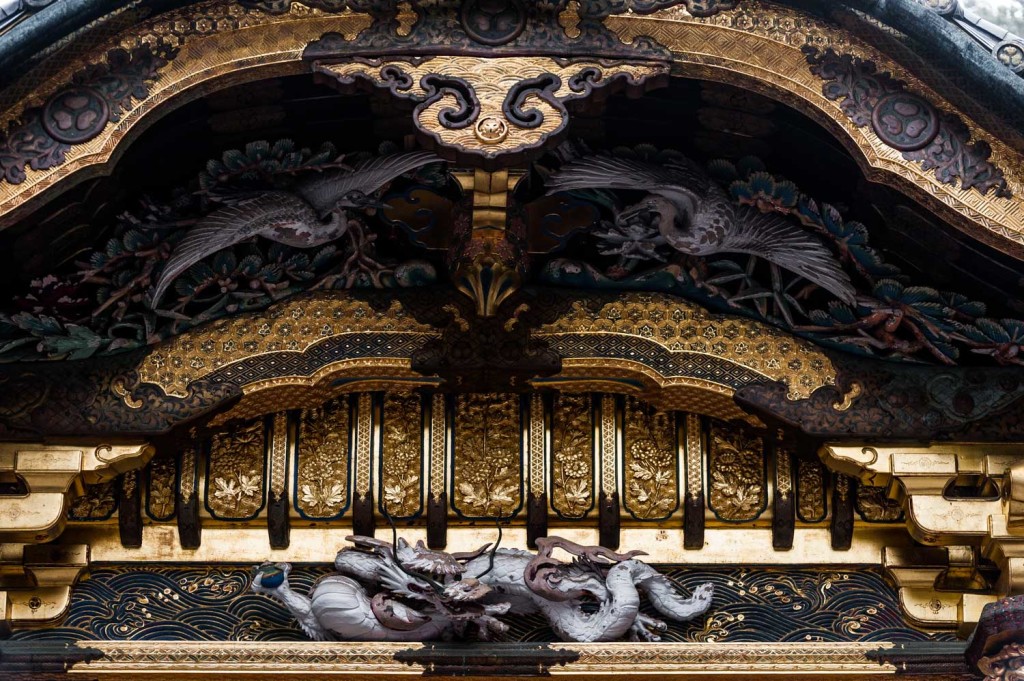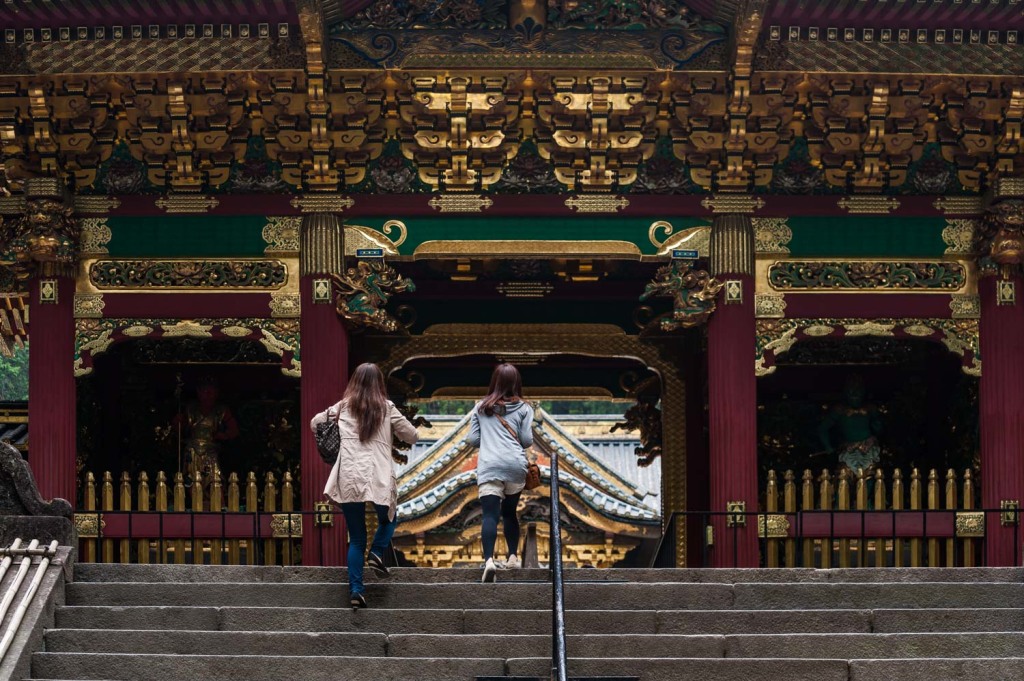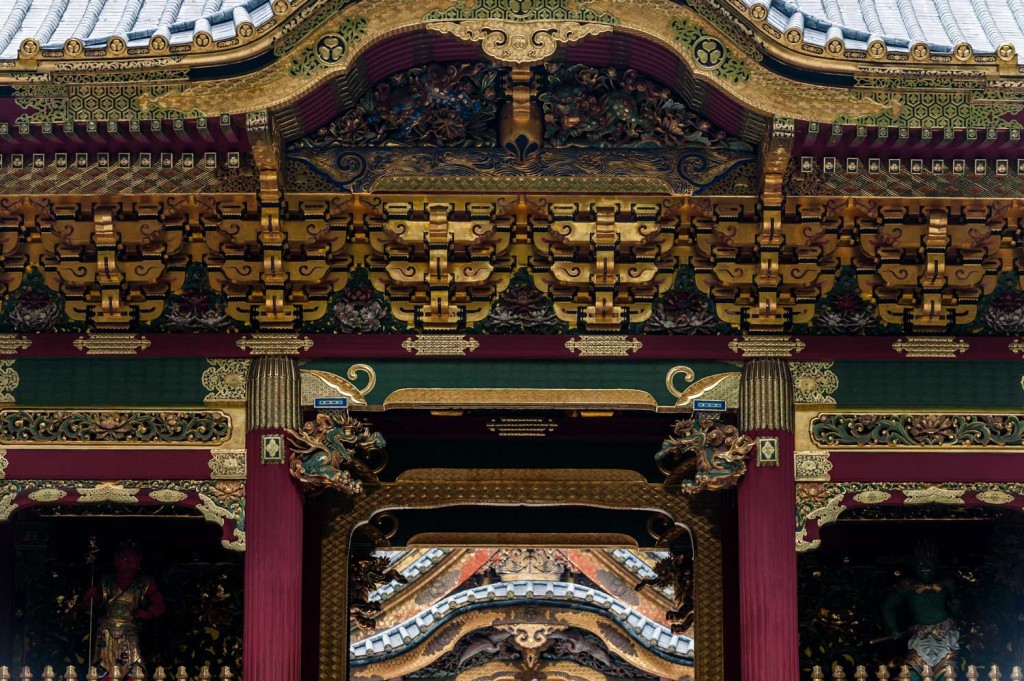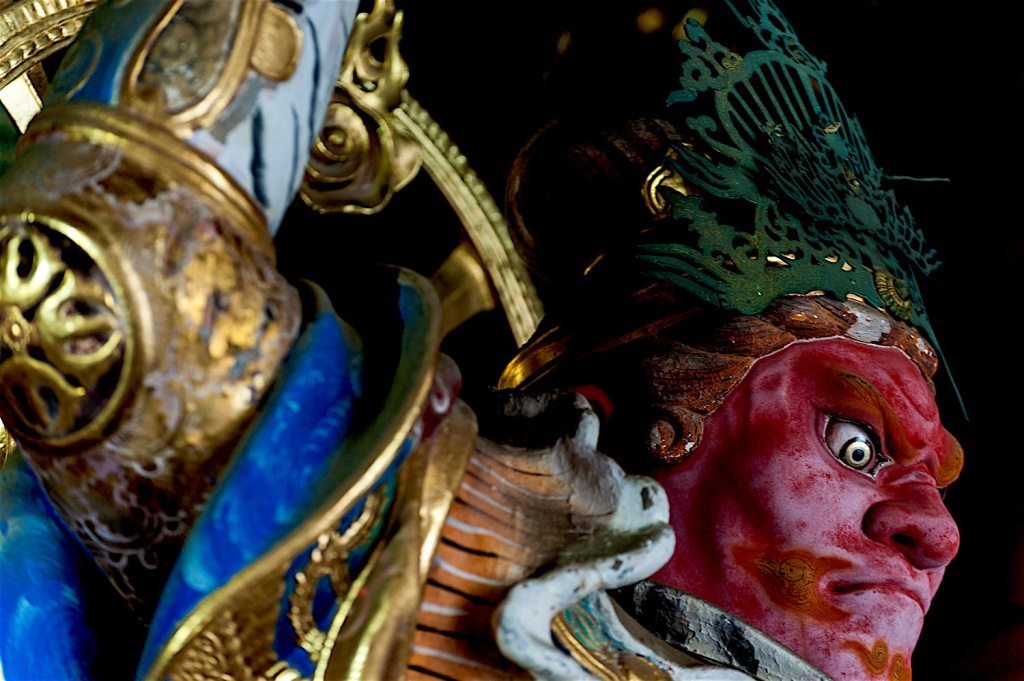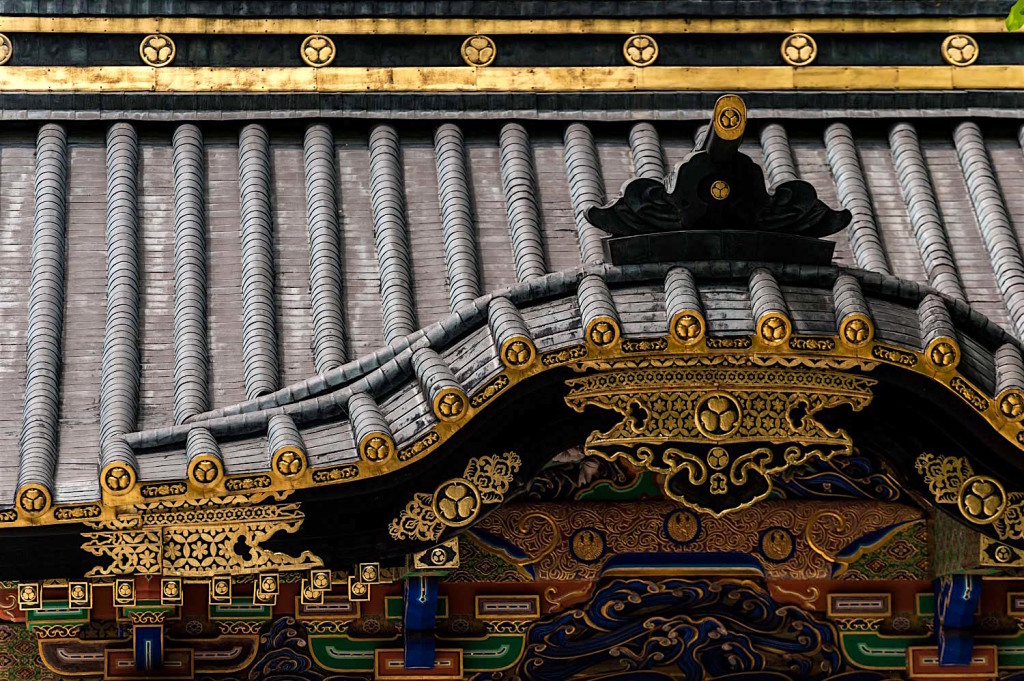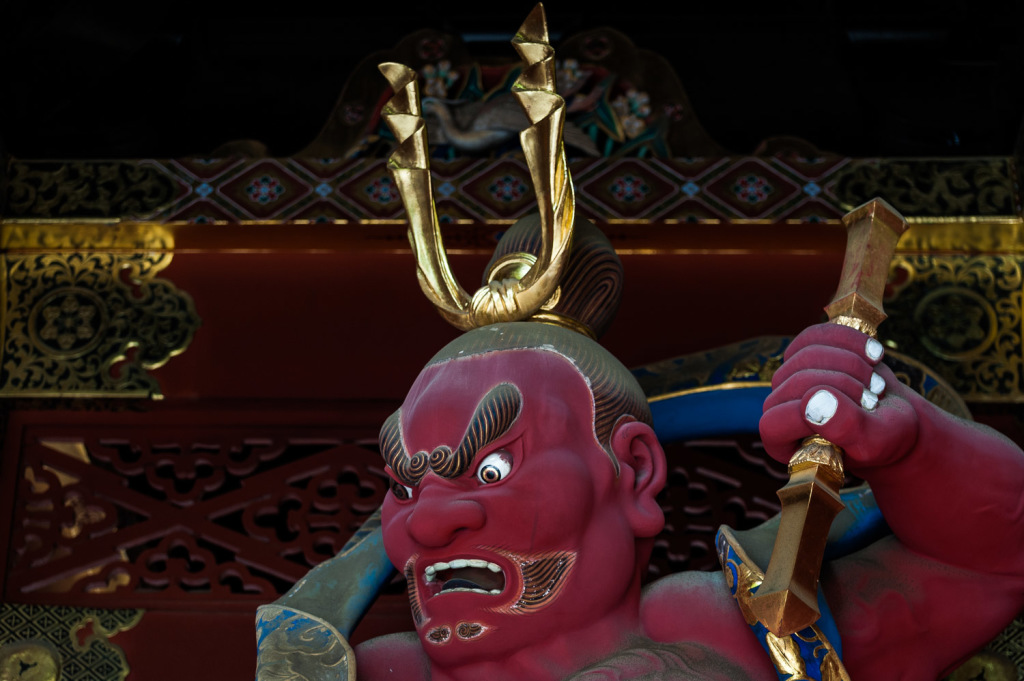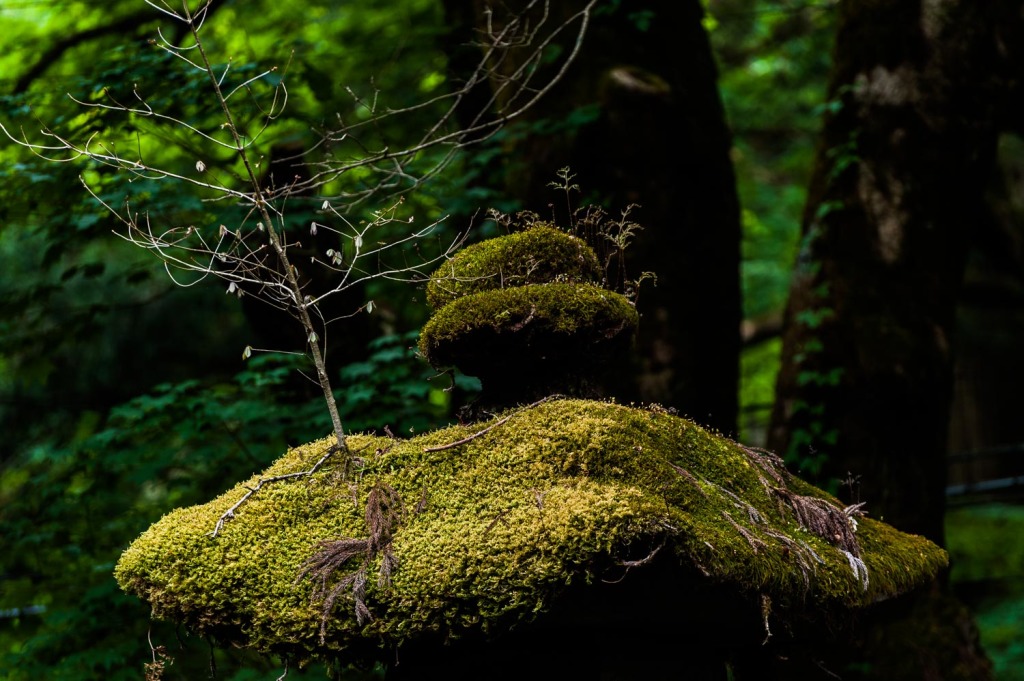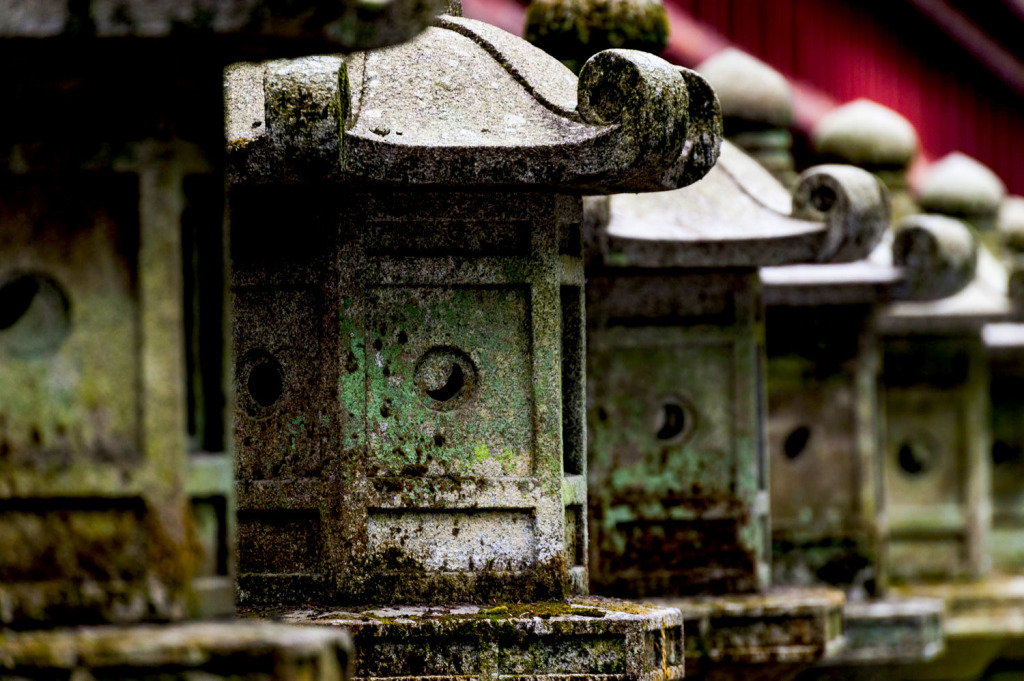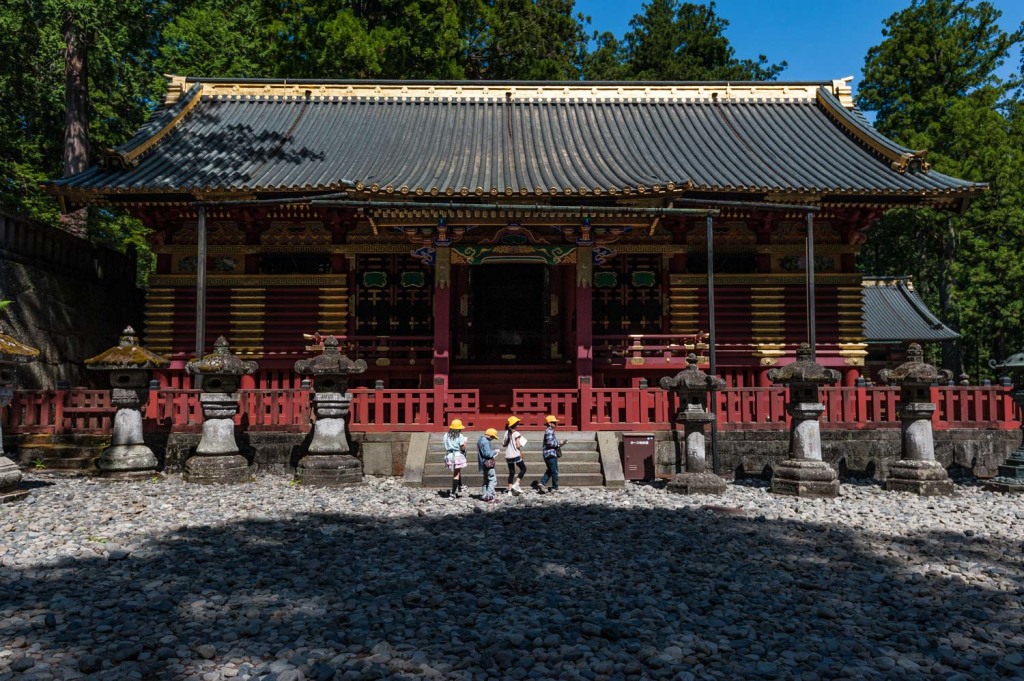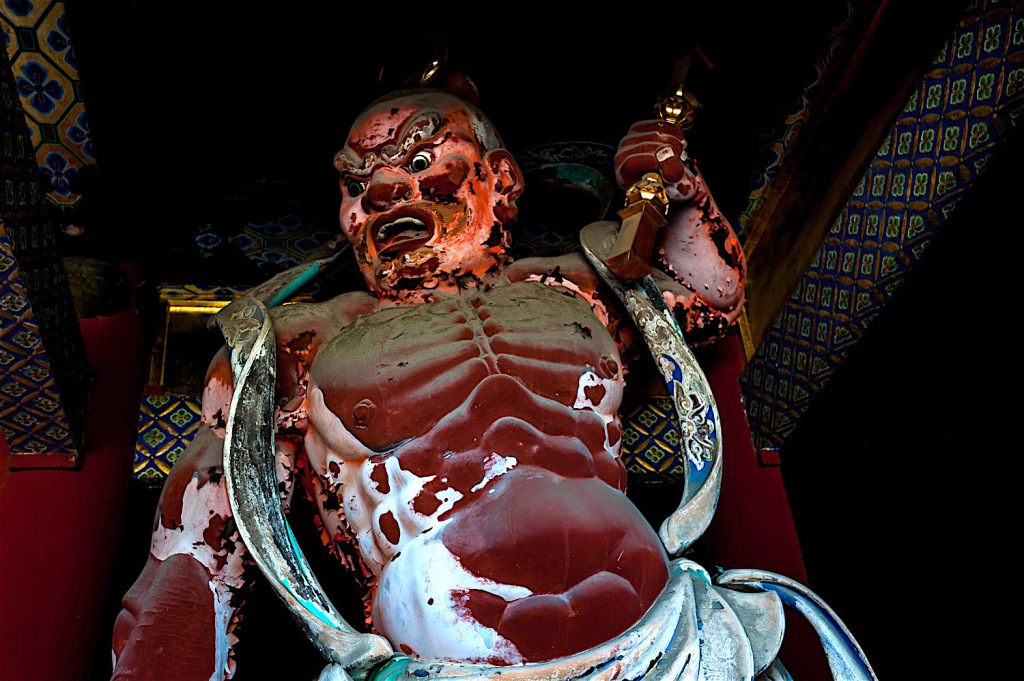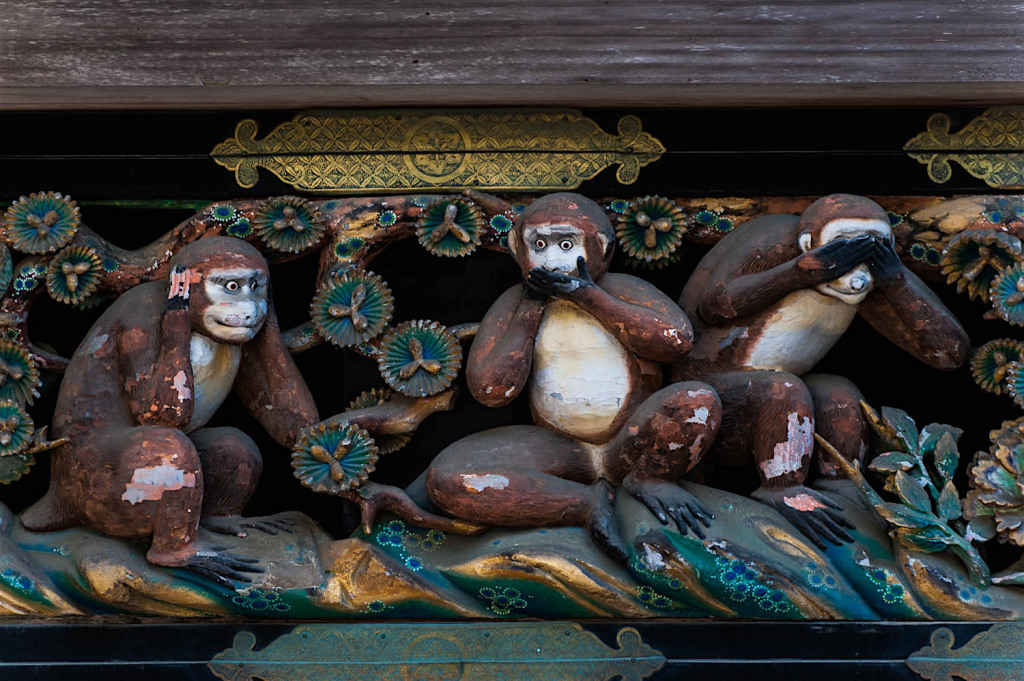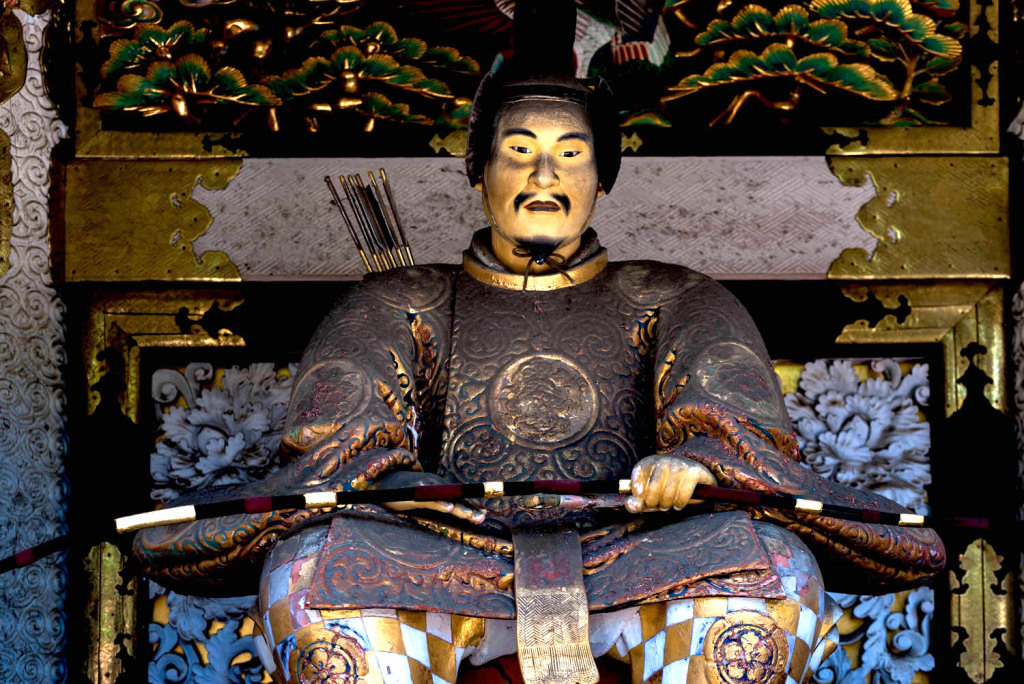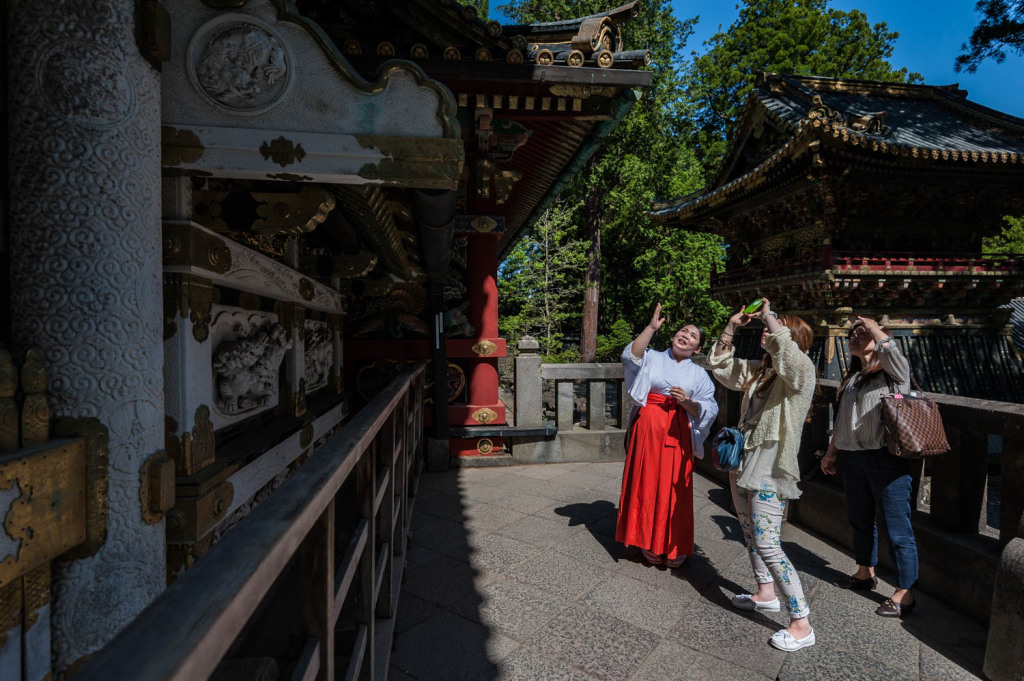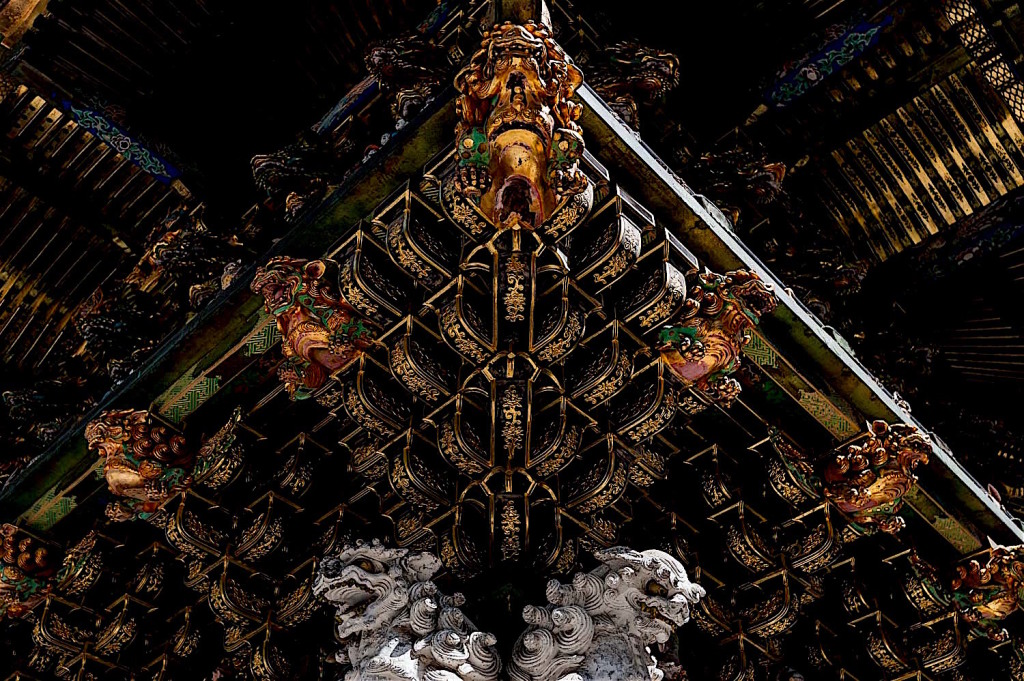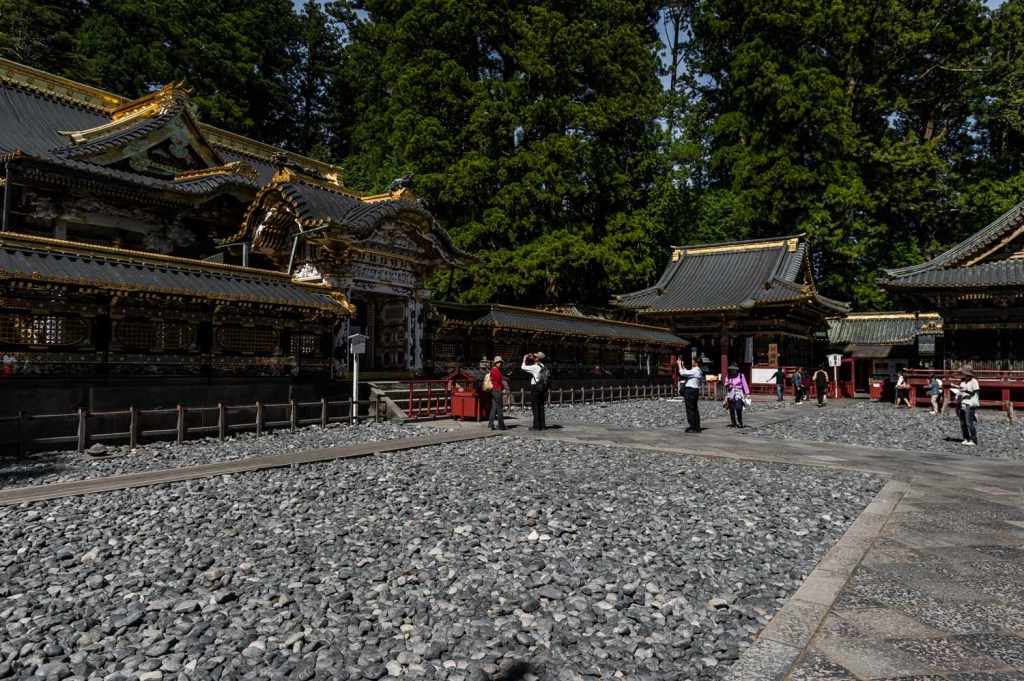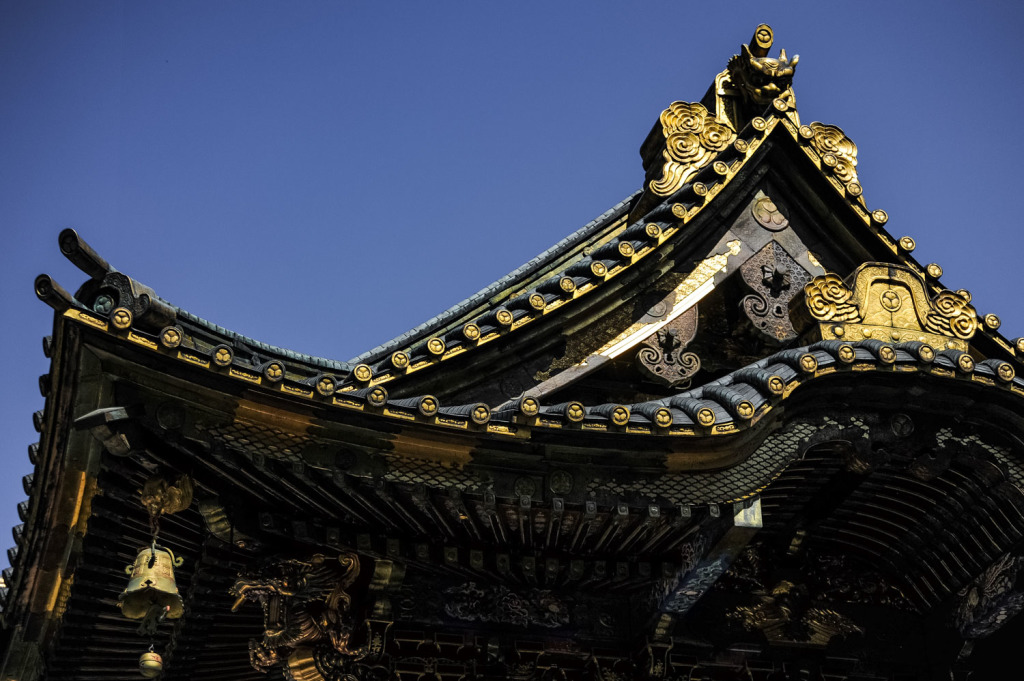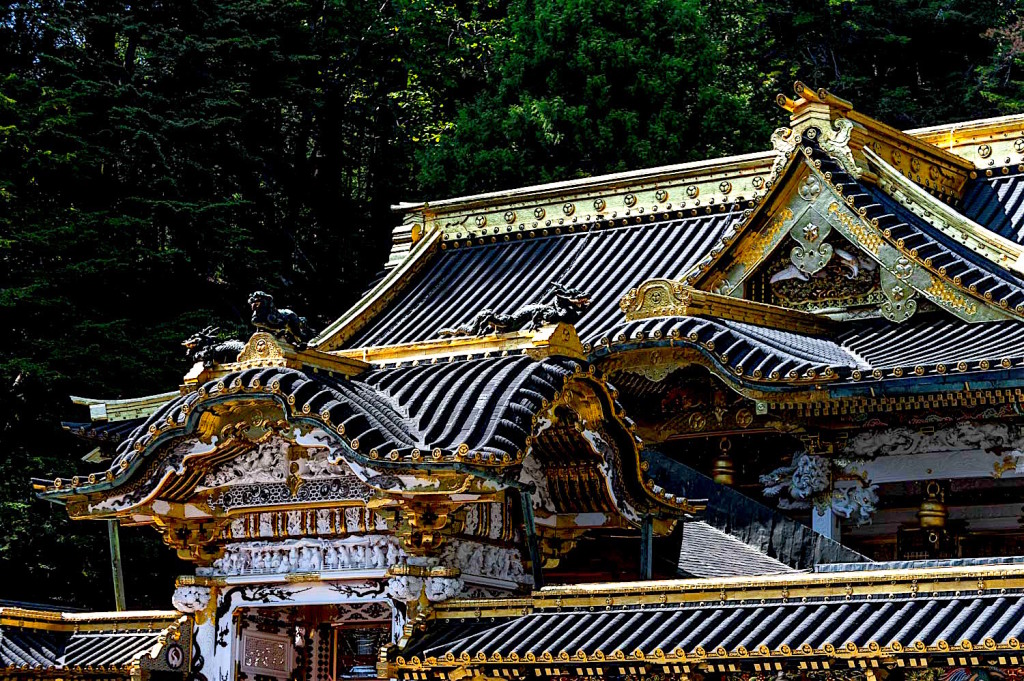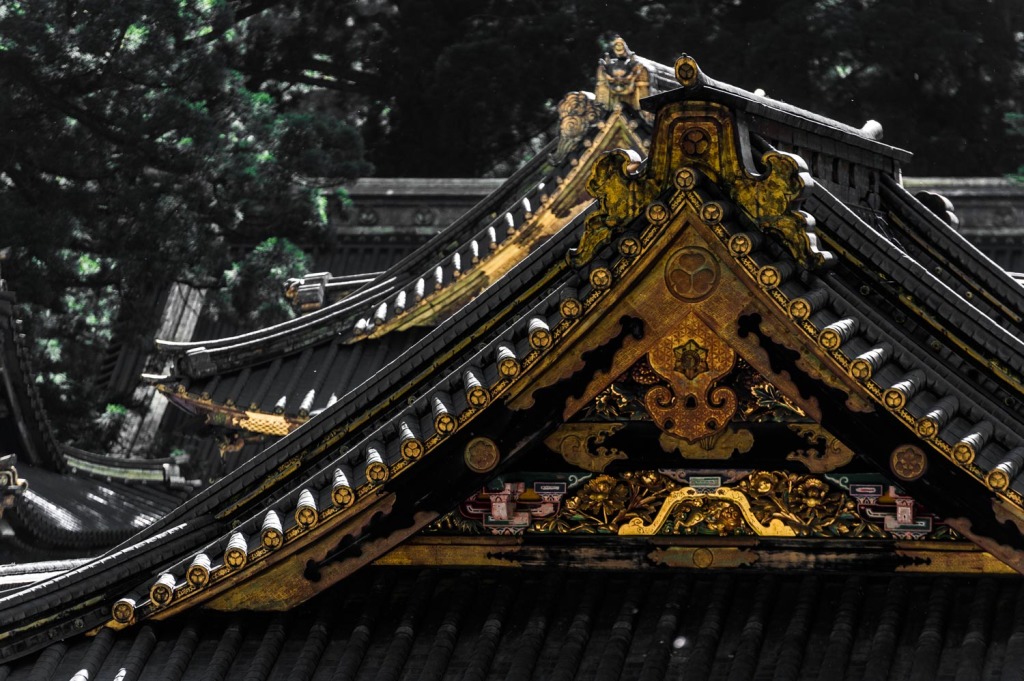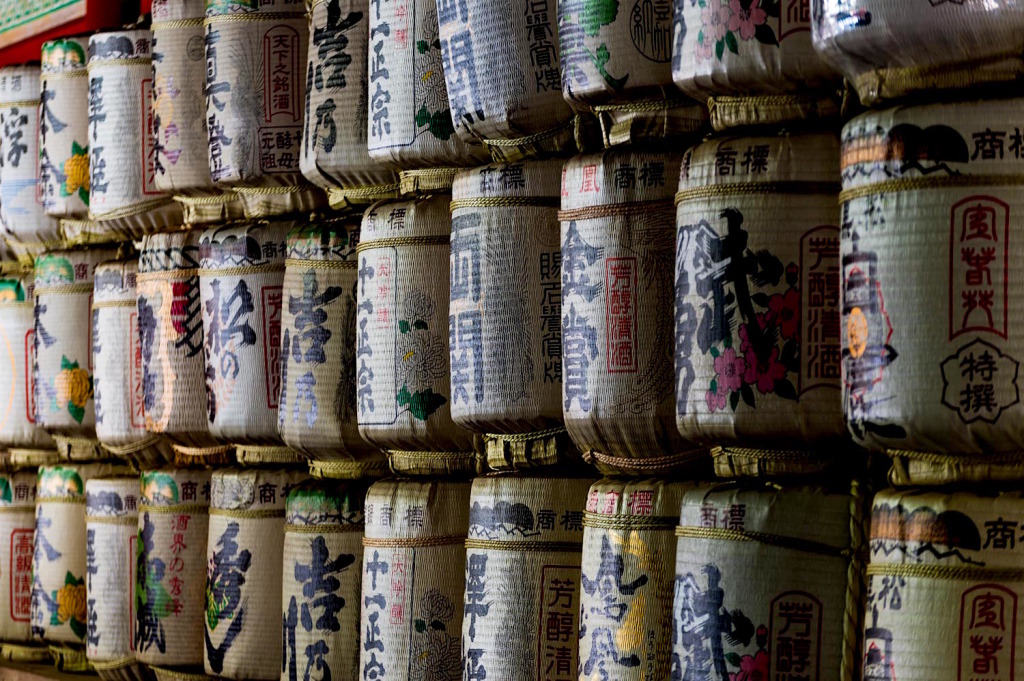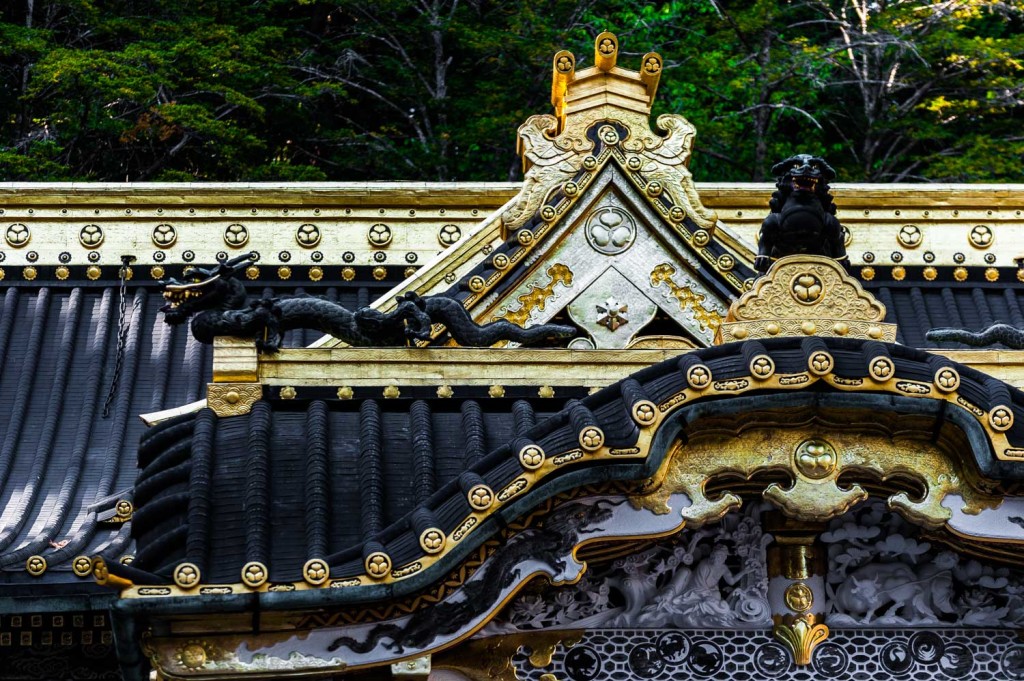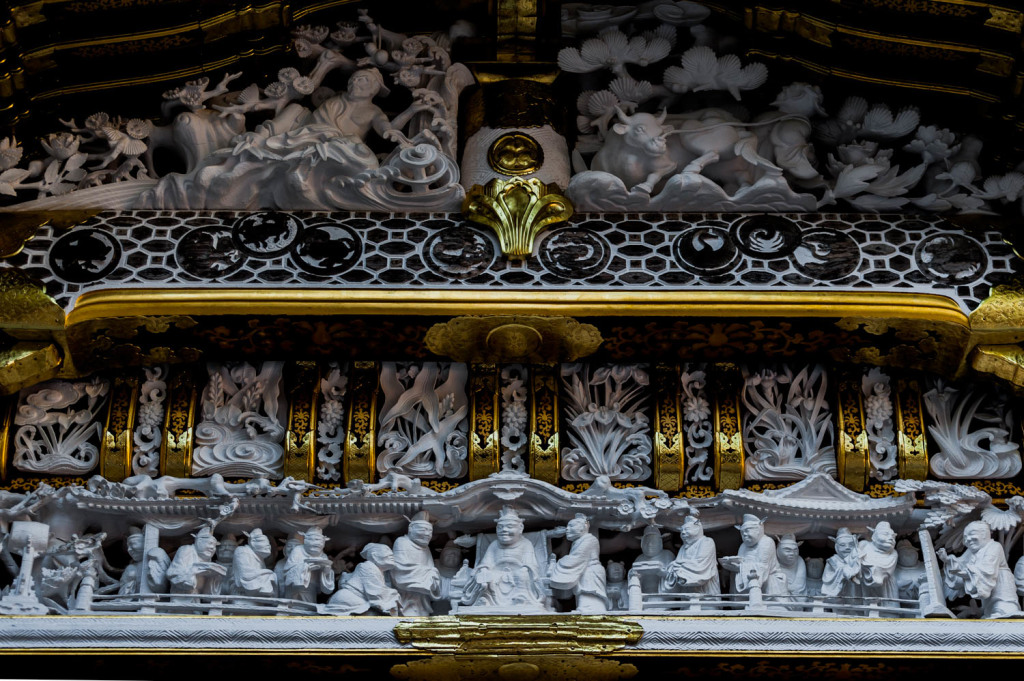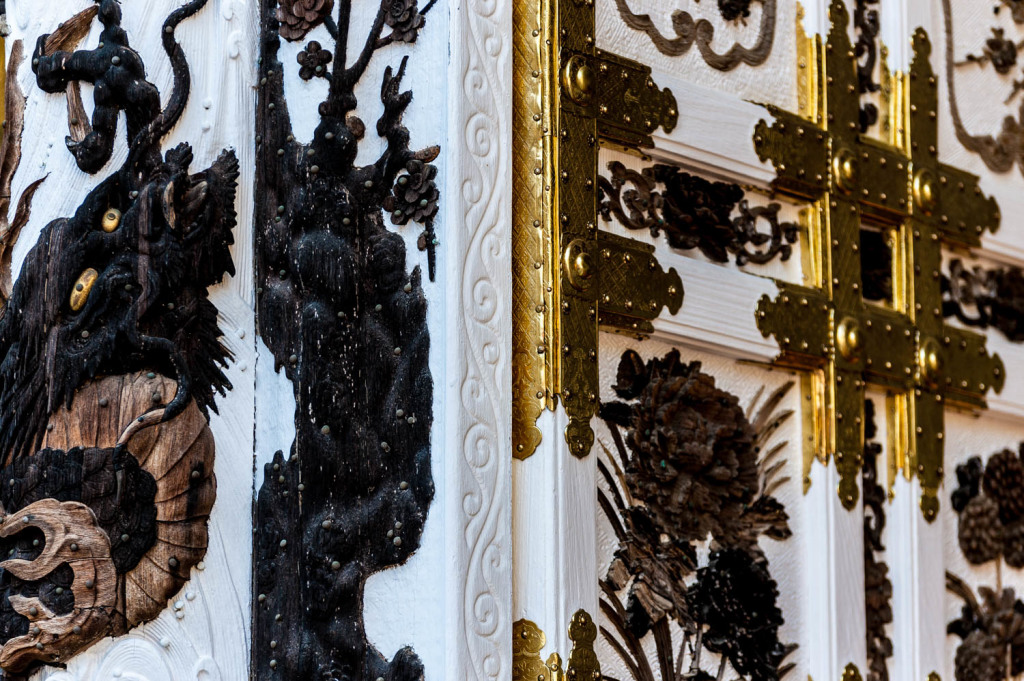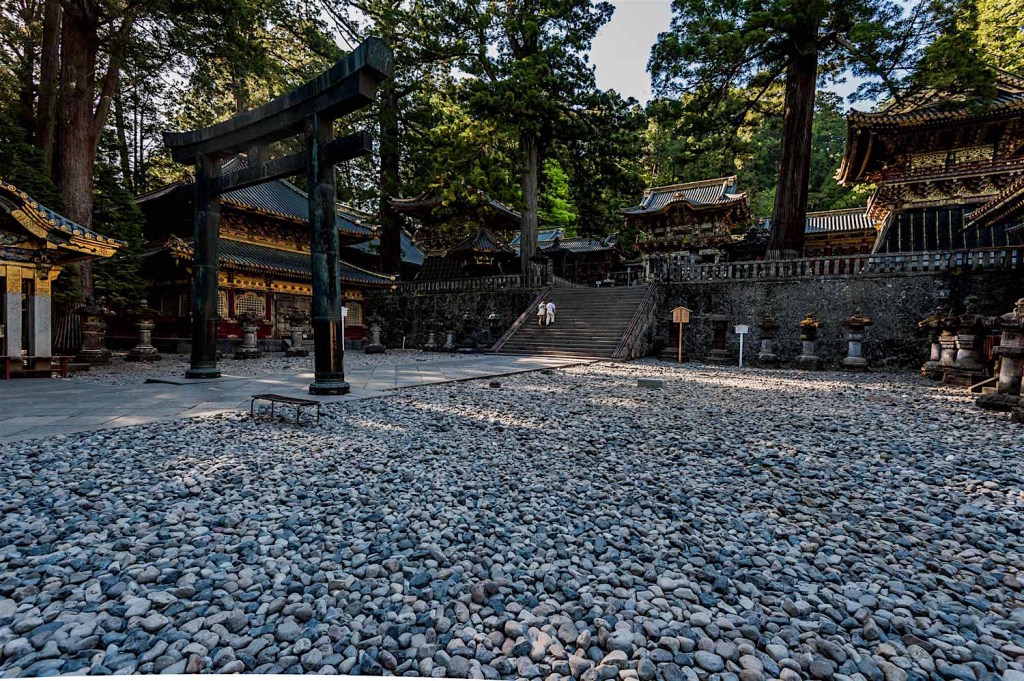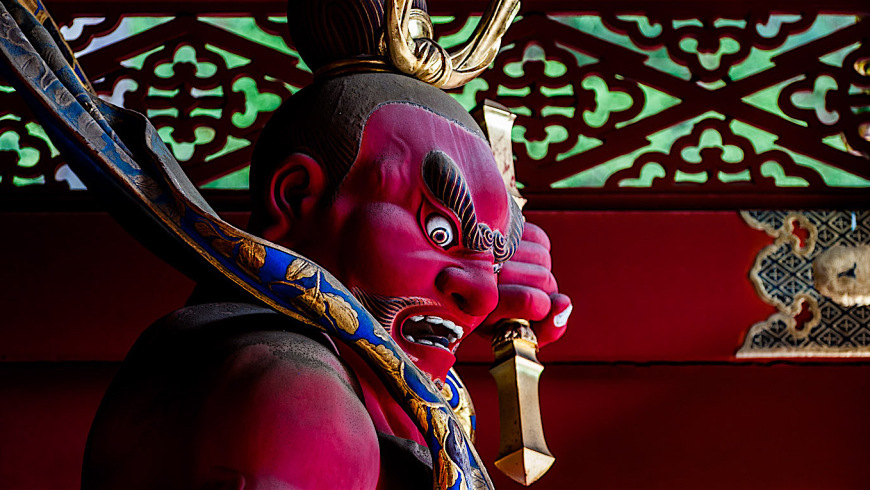THE BAROQUE SHRINES OF NIKKO
impressions from the most impressive Japanese site
photographs and text by Massimo Pacifico
In his monumental work, Ore Giapponesi, a detailed summary of what you need to know about the country of the Rising Sun, Fosco Maraini, perhaps the most important non-native nipponist, devotes only a few pages to Nikko. The imposing architecture, highly decorated, of the temples in the Tochigi prefecture, about two hours by train north of Tokyo, were not liked by the “Professore”. He found them Baroque, disrespectful of the traditional purism of Japanese art. And he did not like the Tokugawa, the Shogun dynasty, that in the Nikko woods built their tombs. Maraini writes: “… Nikko… is fatigue, old age, aesthetic evil … smell of death everywhere.”
Yet, a local saying reads something like “do not say nice (or, with a play on words, satisfied) if you have not seen Nikko”, in short, the equivalent for Italy of “see Naples and then die”.
And it is reasonable to think that the fifteen thousand craftsmen who worked for decades to create and to elaborate the decorations of wooden buildings, and the stone candelabra, and the bronze fountains, should feel satisfied, in the afterlife, from Unesco’s acknowledgement (granted in 1999) of the site among those to be considered a World Heritage Site.
BARNUM refers its readers to travel guides for a detailed list of the attractions (Toshogu, Futasaran, Tokugawa mausoleum …) and invite them to scroll through the photographs below to get a not too rough idea of the impressions one receives strolling through that magical place. Readers should not be frightened by the faces of disreputable wooden guardians of the shrines: they scowl at you, brandishing swords, hammers, bows, but let anyone in!
